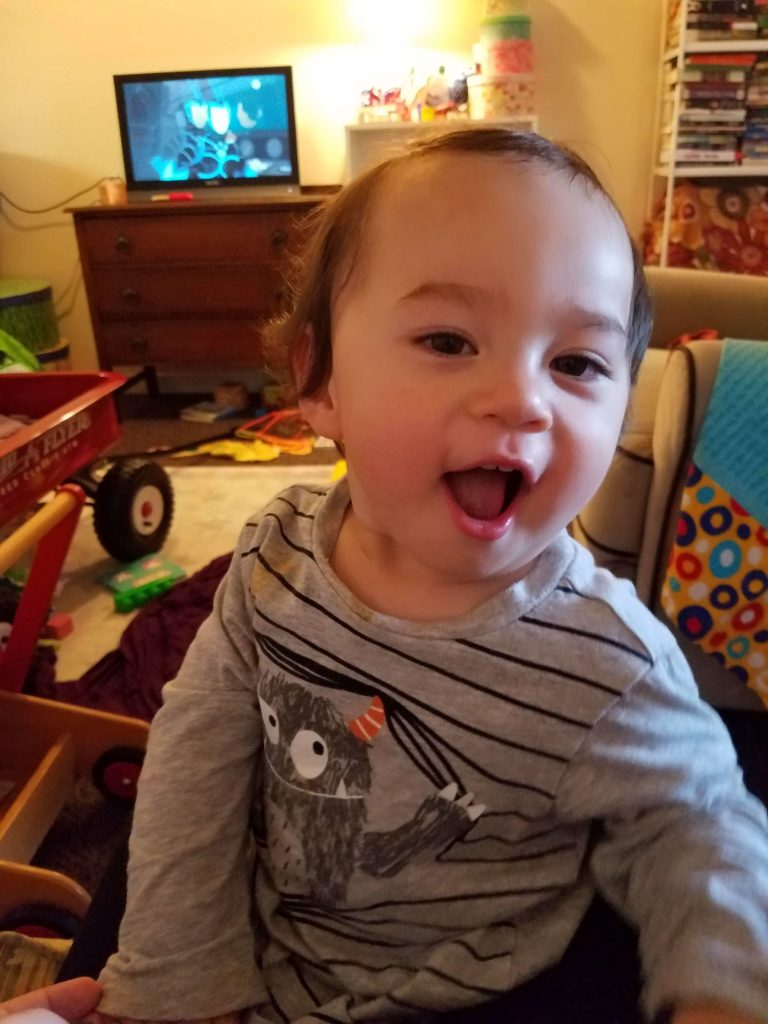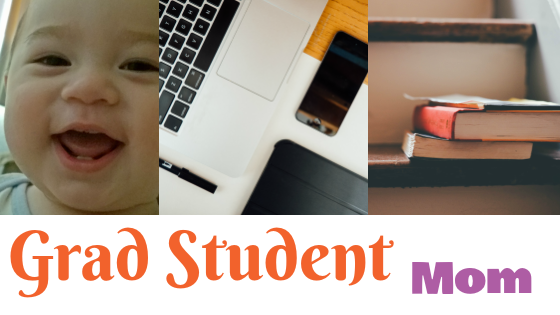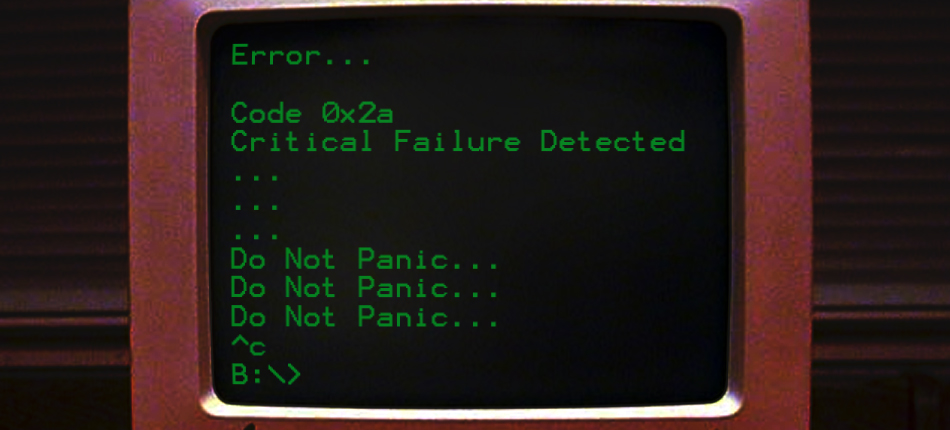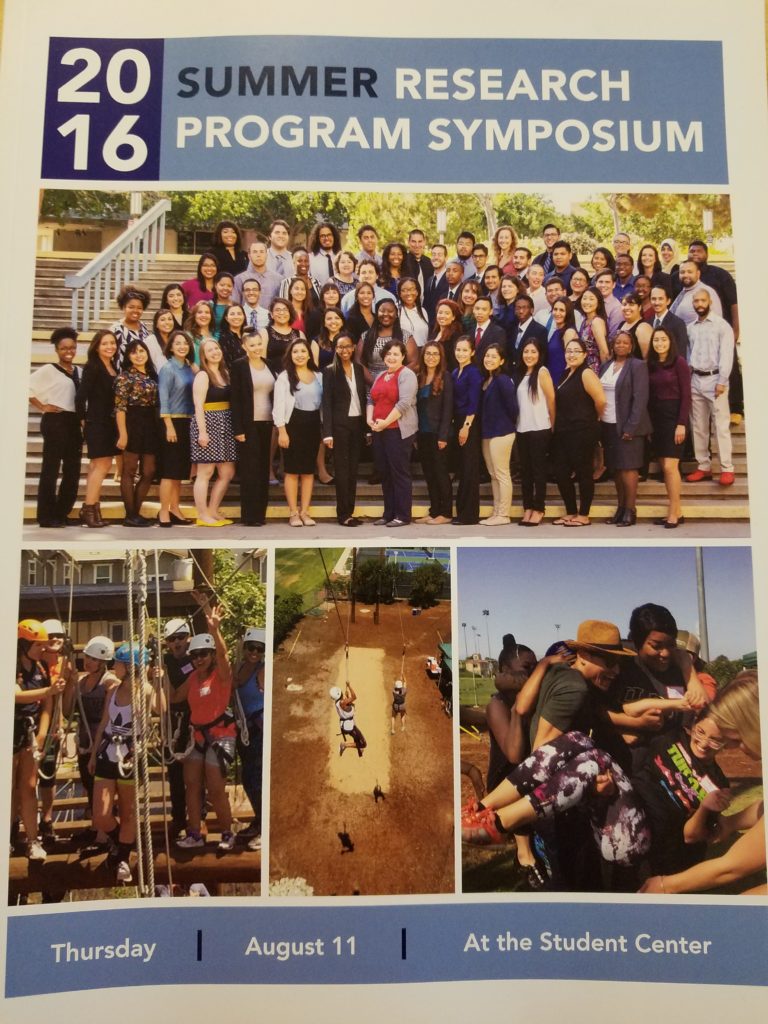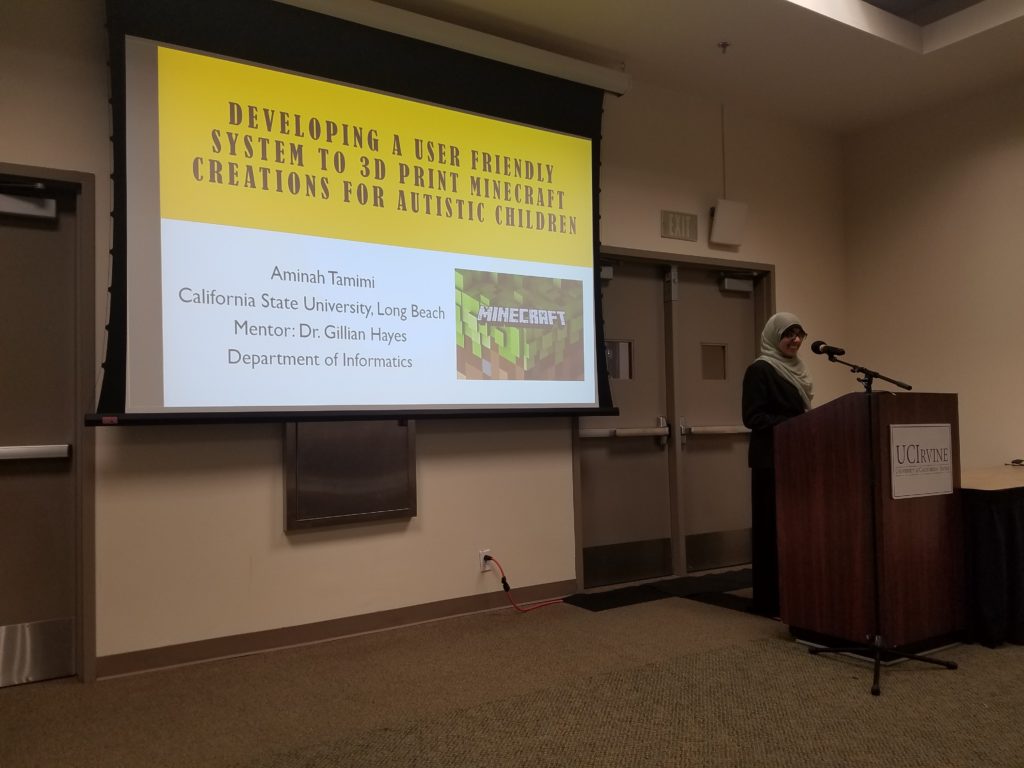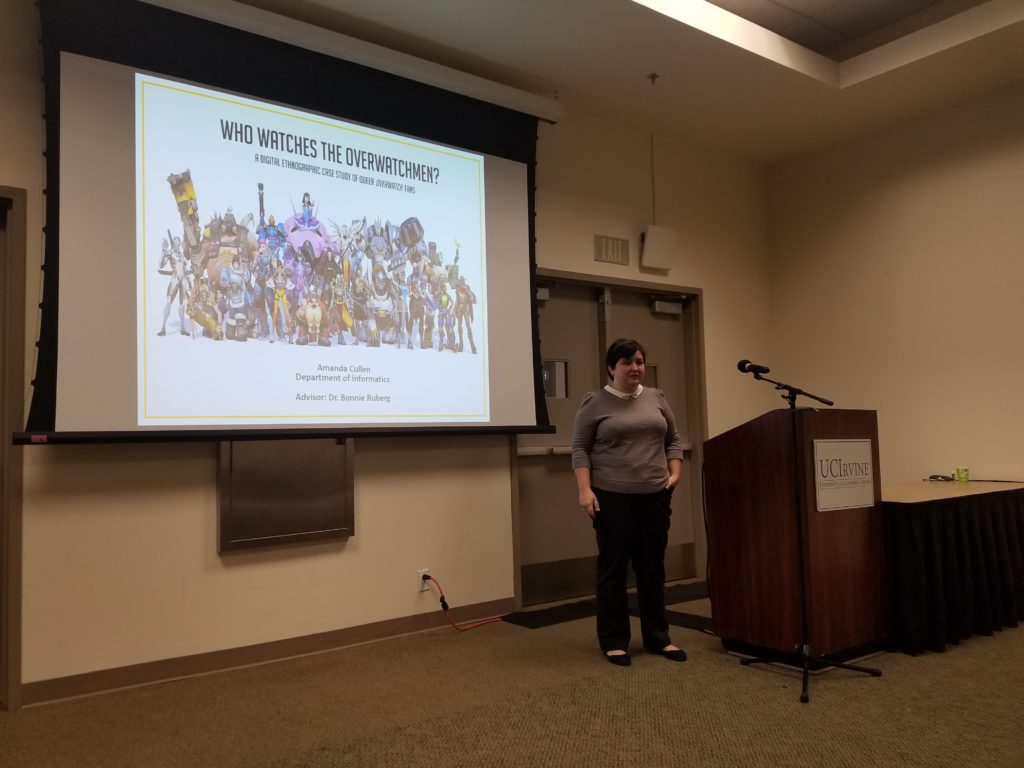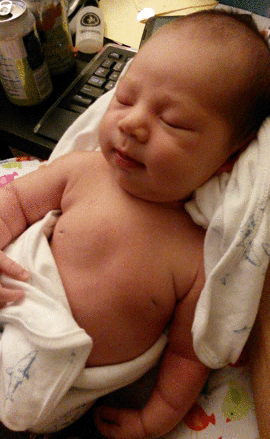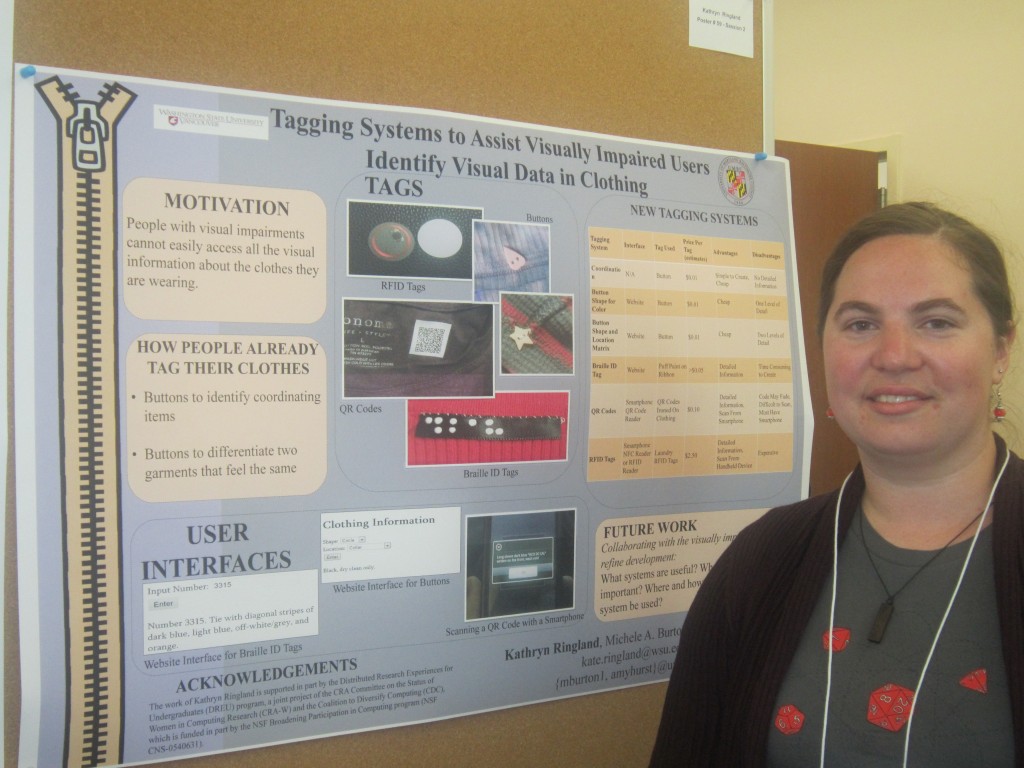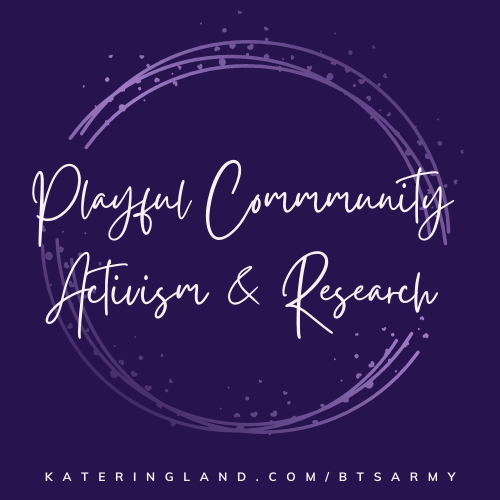Have you read Part 2 yet?
October 2012: More Traveling Fun
Amidst getting through my senior year classes (which were amazingly more difficult than my previous courses), I traveled some more in the fall. At the beginning of October I went to the Grace Hopper 2012 Conference in Baltimore, Maryland. I had been given a scholarship to attend, all expenses paid. It was great because I was traveling with some of my friends from the west coast. We all stayed in the same hotel and I got to show them a little bit of Baltimore (like the train from the airport to downtown).
At Grace Hopper, I was sure to visit the booths of some of the schools I was planning on applying to. It was nice to connect up with people I had made connections with the previous year and with those I had made connections with over the summer.
Later in October, I attended ASSETS 2012 in Boulder, CO. This conference was a lot smaller than anything else I had been to, but it was definitely worth the trip. Here again, I connected up with people from the summer and learned a lot about the assistive tech scene. It was sort of an affirmation that this was the field that I wanted to go into and was proof that it was a viable field to go into. I think one of the best parts was going to dinner with Amy and Michele (that I worked with over the summer) and getting all sorts of advice on how to proceed with my grad school application process. It was a lot more information in one evening than I had ever gotten from anyone at my home institution. I am glad to have made these connections and definitely don’t want to ever turn up the opportunity in the future to make more connections like these.
November 2012: Wrapping Up the Semester and the Applications
By the time I came home from ASSETS I was ready to finish up my applications and get everything done. I had a much stronger idea of what to write for my personal statements and a stronger overall story for the application package. I spent the rest of November writing all the different personal statements and starting to turn in my applications. For the most part, I was able to get all of my applications done by the first of December. This gave me a little breathing room before finals. While the majority of the applications were due December 15th, I didn’t want to be trying to turn them all in last minute.
It was at the beginning of November that my first paper (I was second author) got presented at a conference. The conference was in Taiwan, so I didn’t have the funds to go, but it was still exciting to have a paper published.
December 2012: This is the End?
I got all my applications done before finals and wrapped up the semester completely exhausted. And broke. Did I mention how much money this whole process ended up costing? I’m a little scared to actually tally up the total, so I won’t. But it was a lot. It was probably in the neighborhood of $1000 after application fees, GRE tests, and transcript requests.
Then the worst part of the entire process began. The waiting.
Knowing that my entire future was in the balance and that the outcome of these applications would determine where I would be living and what I would be doing in less than a year was completely nerve-wracking. And it wasn’t just my life I was messing with- it was also my husband’s.
January 2013: Dealing with Rejection
Luckily, schools were on the ball and started culling their applications by mid-January. I got a couple of rejections right away. While this was a bit discouraging, I had mentally prepared myself for such occurrences. And a rejection was much better than not knowing at all.
But I didn’t have much time to feel sorry for myself or worry too much because I was also keeping myself busy with school and MORE travel! I was prepping at this point to head to the Tapia Conference in Washington, DC. I was to present a poster on work I had done in the fall for my professor.
Right before I left for the conference I found out that I had a phone interview with UC Irvine the Monday after I got back. While I was very nervous about this, I was happy I had made it past the culling phase with at least one school!
I also got invited to interview with Facebook at the Tapia Conference and invited to a Google workshop called Google.GetAJob(). I felt like I would have a lot of hard decisions to make in the next couple of months about our future.
February 2013: It All Starts Coming Together
The first week in February is when I attended the Tapia Conference. While I was there I spent a day visiting my friends at the University of Maryland Baltimore County. I talked to them about my grad school applications and interviews. It was really great to catch up and also know that what I was going through was completely normal. The conference itself was also really great. I got to meet people from all over and network with the research labs. I did a poster presentation, which I had only done once before. I got a lot of really great feedback and most of it was positive, too.
During the conference, immediately after my Facebook interview, I got an email saying that I had been accepted to present my poster at the Student Research Competition at CHI 2013 in Paris. If I had had any thoughts of just skipping graduate school and going to industry, they instantly vanished. I knew I wanted to do well at CHI and continue doing research that I enjoyed so much.
After I came home from the Tapia Conference, I had my interview with UC Irvine. It was very informal and a really positive experience. I was able to tell them I had gotten accepted to CHI, which really helped my own confidence.
I also found out that I was invited to an interview on campus at University of Colorado, Boulder set for the 14th of February. So, off I went on another trip after having just come back from Washington DC.
The night before I left for Boulder, I found out that I had gotten into UC Irvine. I was over the moon. It also made me feel much more comfortable while traveling to Boulder. There I met with students and faculty on the campus. I really loved the town, at least until I got snowed in and ended up staying an extra day. I’m not sure I could live in a place where there’s that much snow. It was still a great learning experience and I got a good idea of what I wanted to find out about Irvine when I visited them in March.
